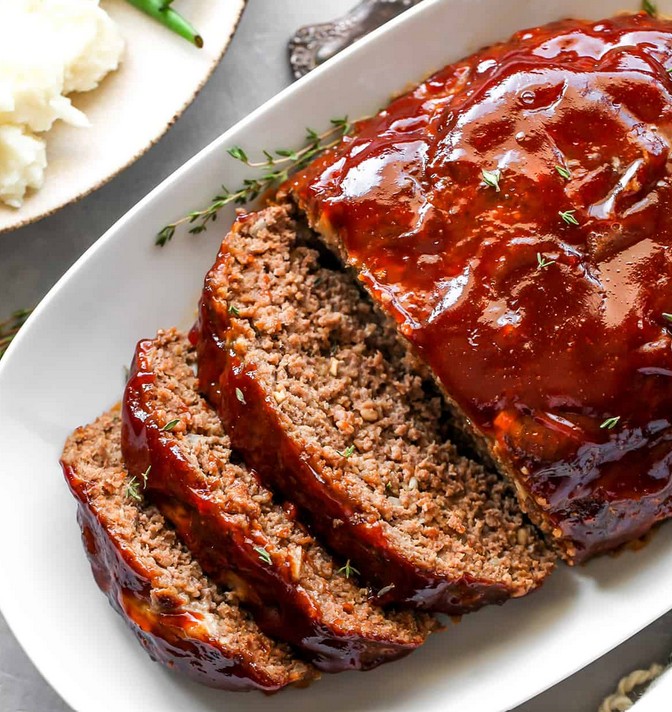There are days when the thought of food feels like a chore. Not a craving, not a joy, not even a necessity—just another task on a long list of things you don’t feel like doing. This is especially true as we age. The body slows, the senses dull, and the appetite—once roaring and insistent—becomes quiet, sometimes silent. But even when food doesn’t call to you, your body still needs it. In fact, that’s when it needs it most.
The Quieting of Hunger
Getting older changes everything—including how we experience hunger. Taste buds fade. Smells become less vivid. Digestion slows. Hormones that regulate appetite shift. Medications might suppress it even more. Illness, grief, loneliness—they all play a role too. Meals that once made your mouth water can suddenly seem too much: too big, too bland, too effortful. But not eating has consequences, even when it doesn’t feel urgent in the moment.
Without regular, balanced nourishment, the body begins to lose strength. Muscle mass shrinks, energy wanes, the immune system falters. For older adults or people carrying extra weight, skipping meals can also mask malnutrition. You may not “look” underfed, but your cells can still be starving.
Eat Something, Even If It’s Small
When appetite fails, the goal isn’t to force a full plate. It’s to find gentle ways to nourish yourself. Little by little. Bite by bite. Think of food as medicine: small doses, taken regularly, to keep you well.
Start with what’s easy—food that’s soft, mild, comforting, or nostalgic. Think warm, familiar, and effortless. Avoid overwhelming flavors or complicated prep. The aim is nourishment, not perfection.
Simple, Gentle Foods to Eat When You Don’t Feel Like Eating
Soft proteins:
- Scrambled eggs or egg salad
- Cottage cheese
- Greek yogurt (plain or lightly sweetened)
- Tuna salad or soft cooked fish
- Rotisserie chicken, shredded
Calorie-dense comfort:
- Mashed potatoes with butter
- Avocado on toast
- Peanut butter on crackers or banana
- Cheese slices or cubes
- Smoothies with fruit, yogurt, and nut butter
Warm and healing:
- Chicken or vegetable soup
- Bone broth with noodles or rice
- Oatmeal with milk and honey
- Rice with soft-cooked veggies
Sips that nourish:
- Protein shakes (store-bought or homemade)
- Warm milk with cinnamon
- Meal-replacement drinks like Ensure or Boost
- Hot cocoa with full-fat milk
Sweet, if that’s all you can manage:
- Pudding or custard
- Applesauce
- Soft fruits like bananas, peaches, or pears
- Muffins or soft breads with jam
Tips to Keep Going
- Eat by the clock, not by hunger. If hunger cues are unreliable, set small eating times: mid-morning, mid-afternoon, evening.
- Don’t eat alone if you can help it. A phone call, a shared meal, even the TV can help make eating feel less like a chore.
- Prep small portions. A whole plate might overwhelm you. A few bites on a small dish is a win.
- Keep easy food close. Stock your fridge and pantry with grab-and-eat options. Don’t wait until you’re starving (or never hungry) to cook.
When you don’t want to eat, remember: it’s not about finishing a meal. It’s about feeding your body something. A few bites now are better than skipping altogether. Your strength, your clarity, your ability to move, to heal, to feel—all depend on those small acts of nourishment.
Even if your appetite is quiet, your body is still speaking. Feed it gently. Listen with kindness.




